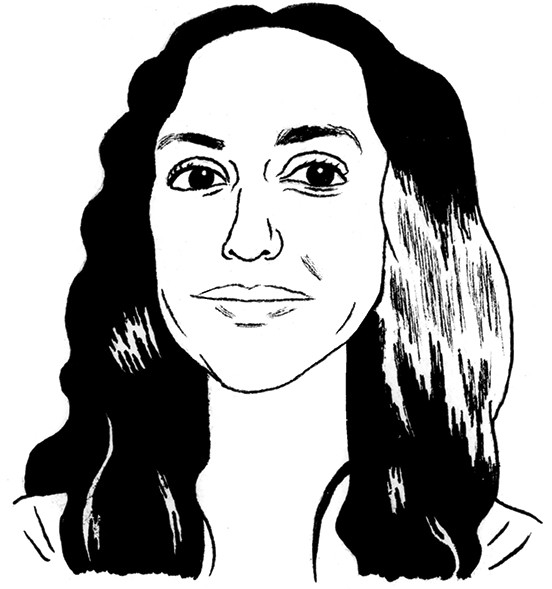AI’s Research Rut
When you picture AI, what do you see? A humanoid robot? When you think about a real-world application of AI, what comes to mind? Probably autonomous driving. When you think about the technical details of AI, what approach do you name? I’m willing to bet it’s deep learning.
In reality AI comes in many shapes and forms. AI machines go far beyond humanoid robots; they range from software detecting bullying on social media to wearable devices monitoring personal health risk factors to robotic arms learning to feed paralyzed people to autonomous robots exploring other planets. The potential applications of AI are limitless: personalized education, elderly assistance, wildlife behavior analysis, medical-record mining, and much more.
Our failure to appreciate this spectrum threatens to hold back the field. When we collectively picture AI as one type of thing—whether it’s humanoid robots or self-driving cars or deep learning—we’re encouraging the next generation of researchers to be excited exclusively about those narrow things. If students are presented with a homogeneous pool of AI research role models, then it’s a self-fulfilling prophecy that only students who “fit in” will remain in the field.

Since AI has enticingly broad possible applications, we need people with a comparably broad set of experiences and worldviews working on AI problems. Wouldn’t research teams working on AI medical applications benefit from researchers trained in biology? Wouldn’t teams working on AI hunger relief benefit from researchers with firsthand experience in poor countries? Wouldn’t teams working on AI assistive devices benefit from researchers with physical disabilities?
Today there’s a lot of fascinating work going on in AI (see “AI’s Language Problem”), but we’re also kind of in a rut. We’ve tended to breed the same style of researchers over and over again—people who come from similar backgrounds, have similar interests, read the same books as kids, learn from the same thought leaders, and ultimately do the same kinds of research. Given that AI is such an all-encompassing field, and a giant part of our future, we can’t afford to do that anymore.
Olga Russakovsky is a postdoctoral research fellow at the Robotics Institute of Carnegie Mellon University.
Keep Reading
Most Popular
Large language models can do jaw-dropping things. But nobody knows exactly why.
And that's a problem. Figuring it out is one of the biggest scientific puzzles of our time and a crucial step towards controlling more powerful future models.
The problem with plug-in hybrids? Their drivers.
Plug-in hybrids are often sold as a transition to EVs, but new data from Europe shows we’re still underestimating the emissions they produce.
Google DeepMind’s new generative model makes Super Mario–like games from scratch
Genie learns how to control games by watching hours and hours of video. It could help train next-gen robots too.
How scientists traced a mysterious covid case back to six toilets
When wastewater surveillance turns into a hunt for a single infected individual, the ethics get tricky.
Stay connected
Get the latest updates from
MIT Technology Review
Discover special offers, top stories, upcoming events, and more.